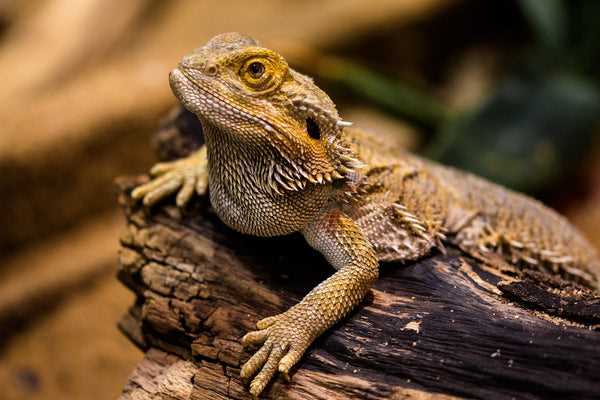
One fruit that bearded dragons particularly enjoy is apples. These juicy and crunchy fruits are not only a delicious treat for your pet, but they also offer numerous health benefits. Apples are packed with essential vitamins and minerals that promote a healthy immune system, aid digestion, and improve overall well-being. As a responsible pet owner, it is crucial to learn how to properly feed apples to your bearded dragon to ensure a balanced diet.
All About Bearded Dragon Apples
A bearded dragon is a popular pet lizard that requires a balanced diet to maintain its health and well-being. While insects and vegetables are the main components of their diet, fruits can also be offered as a treat. One fruit that can be safely fed to a bearded dragon is apples.
While apples are generally safe for bearded dragons to consume, there are a few considerations to keep in mind. First, moderation is key. Apples should be offered as an occasional treat and not as a staple food. Too much fruit in a bearded dragon’s diet can lead to digestive issues and weight gain.
It’s also important to offer a variety of fruits and vegetables to ensure a balanced diet for your bearded dragon. While apples are a good source of nutrients, they should be supplemented with other fruits and vegetables to provide a wide range of vitamins and minerals.
Benefits of Feeding Apples to Bearded Dragons
Bearded dragons are a popular choice for reptile enthusiasts, thanks to their unique appearance and docile nature. As a pet owner, it is essential to provide them with a balanced and nutritious diet to ensure their overall health and well-being. While bearded dragons primarily feed on insects and leafy greens, introducing fruits such as apples can offer several benefits.
Nutritional Value of Apples
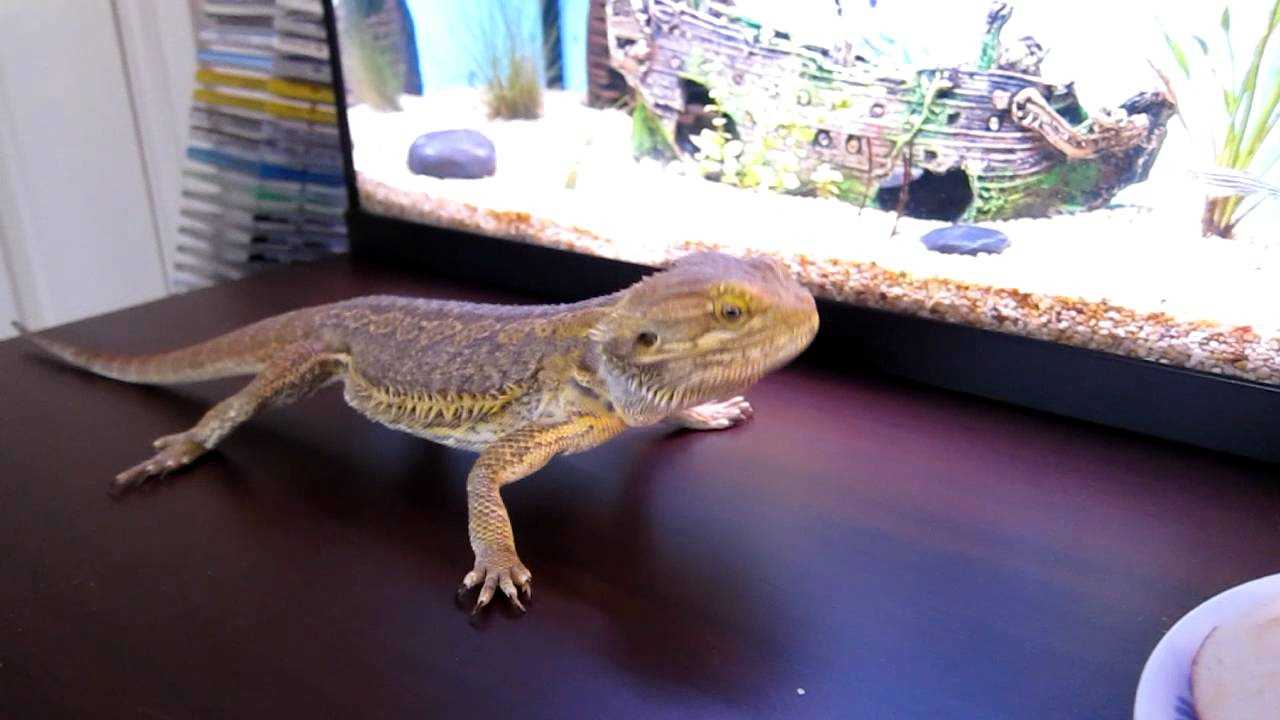
Apples are a widely available and affordable fruit that can be easily incorporated into a bearded dragon’s diet. They are low in fat and high in fiber, making them an ideal choice for enhancing digestion. Additionally, apples contain essential vitamins and minerals such as vitamin C and potassium. These nutrients contribute to boosting the immune system, promoting healthy skin and scales, and supporting overall growth and development.
Hydration
Enrichment and Variety
Feeding fruits like apples to bearded dragons can provide them with enrichment and variety in their diet. While it is essential to offer a balanced meal plan, incorporating different fruits can add excitement and mental stimulation for these intelligent creatures. Alternating their diet with apples, in addition to other suitable fruits, can prevent dietary boredom and ensure a well-rounded nutritional intake.
Precautions and Feeding Recommendations
Overall, feeding apples to bearded dragons can be a beneficial addition to their diet, providing essential nutrients, hydration, and mental stimulation. As a responsible pet owner, always consult with a veterinarian or reptile specialist to ensure the optimal diet for your bearded dragon.
Best Types of Apples for Bearded Dragons
Red Apples:
Red apples, such as Red Delicious or Fuji, are a popular choice for bearded dragons. These apples are rich in vitamins A and C, as well as dietary fiber, which can help support the overall health of your lizard. Additionally, the natural sugars in red apples can provide a sweet treat for your bearded dragon.
Green Apples:
Green apples, such as Granny Smith or Golden Delicious, are another great option for bearded dragons. These apples have a tart flavor and are also packed with vitamins and fiber. The tartness of green apples can also help stimulate the appetite of your bearded dragon.
How to Properly Prepare Apples for Bearded Dragons
| Step 1: | Choose the right apple. |
| Step 2: | Wash the apple thoroughly. |
| Step 3: | Remove the core and seeds. |
| Step 4: | Peel the apple (optional). |
| Step 5: | Cut the apple into small, bite-sized pieces. |
After selecting the apple, wash it thoroughly under running water to remove any dirt or residues. This will help ensure that your bearded dragon is not exposed to any harmful substances.
The core and seeds of apples contain small amounts of cyanide, which can be toxic to reptiles. It is crucial to remove these parts before feeding the apple to your pet. Simply cut around the core and dispose of it, along with the seeds.
Peeling the apple is optional, but it can make it easier for your bearded dragon to eat. The peel can be tough and difficult to chew, especially for younger dragons with smaller jaws. If you choose to leave the peel on, make sure to cut the apple into smaller pieces to make it more manageable for your pet.
Finally, cut the apple into small, bite-sized pieces that are easy for your bearded dragon to consume. This will help prevent choking and make it more convenient for your pet to eat.
Remember to monitor your dragon’s intake of apples and other fruits. While they can be a healthy addition to their diet, they should not make up the majority of their food. A well-rounded diet that includes a variety of insects, vegetables, and occasional fruits will keep your bearded dragon happy and healthy.
Feeding Guidelines for Bearded Dragons
Feeding your pet bearded dragon a well-balanced diet is essential for its overall health and well-being. While these reptiles primarily consume insects and leafy greens, adding a variety of fruits to their diet can provide additional nutrients and hydration. One fruit that you may consider incorporating into your bearded dragon’s diet is apples.
Benefits of Apples for Bearded Dragons
Apples are a nutritious fruit that can offer several benefits to your bearded dragon. They are a good source of vitamins, such as vitamin C, which can boost your pet’s immune system and promote healthy skin. Additionally, apples contain dietary fiber, which aids in digestion and helps prevent constipation. The natural sugars present in apples can also provide a quick source of energy for your reptile.
Choosing the Right Apples
Preparing Apples for Your Bearded Dragon
Introducing Apples into Your Bearded Dragon’s Diet
When introducing apples into your bearded dragon’s diet, it’s essential to do so gradually. Start by offering small pieces of apple as a treat once or twice a week. Monitor your pet’s response and look for any signs of digestive upset or allergic reactions. If your bearded dragon tolerates apples well, you can gradually increase the frequency of feeding.
Considerations and Risks
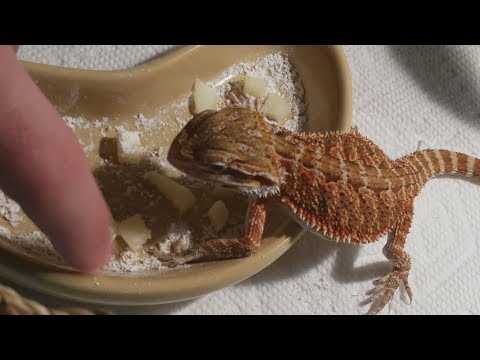
Potential Risks and Considerations
While apples can be a nutritious and tasty addition to a bearded dragon’s diet, there are also some potential risks and considerations to keep in mind.
Another consideration is the size and texture of the apple pieces. Bearded dragons have small mouths and may have difficulty eating large chunks of apple. It’s best to cut the fruit into small, bite-sized pieces to make it easier for them to chew and swallow. Additionally, some bearded dragons may have trouble digesting the skin of apples, so it’s recommended to peel the fruit before feeding it to them.
Lastly, it’s crucial to always source fresh and organic apples for your bearded dragon. Non-organic apples may contain pesticides and other harmful chemicals that can be toxic to reptiles. Furthermore, be sure to thoroughly wash the apples before preparing them for your pet to remove any potential residue.
Alternative Fruits for Bearded Dragons
One popular alternative fruit for bearded dragons is berries. Berries such as strawberries, blueberries, and raspberries are high in antioxidants and provide a sweet and juicy treat for your pet. They can be offered as a whole or cut into smaller pieces for easy consumption.
Mangoes and papayas are tropical fruits that can also be included in a bearded dragon’s diet. These fruits are high in vitamins A and C and provide a natural sweetness that many beardies enjoy. Just make sure to remove the peel and seeds before offering them to your pet.
Additionally, grapes and melons can be a delicious and hydrating option for your bearded dragon. Grapes are small and easy to eat, while melons like watermelon and cantaloupe can be cut into bite-sized pieces for your pet to enjoy.
Introducing Apples into a Bearded Dragon’s Diet
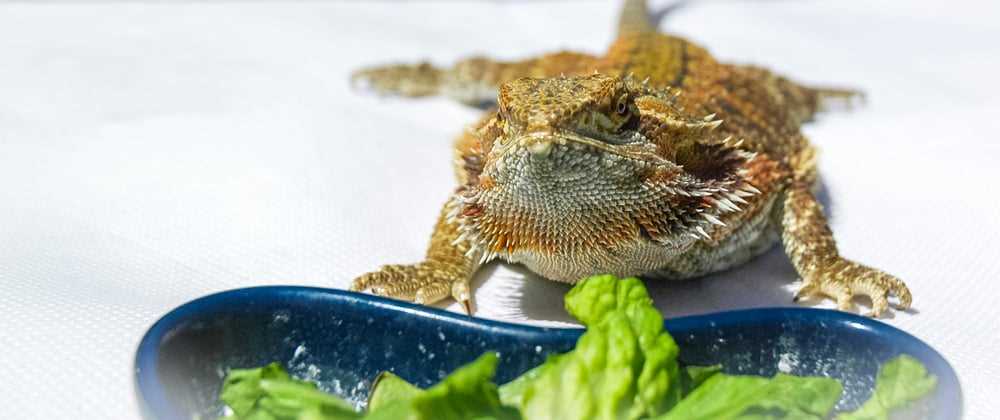
Monitor your bearded dragon’s reaction to apples and make sure they do not develop any adverse effects, such as diarrhea or bloating. If you notice any negative reactions, it may be best to discontinue feeding apples and consult a veterinarian for further guidance.
Overall, introducing apples into your bearded dragon’s diet can be a healthy and enjoyable addition. Just remember to offer them in moderation and provide a balanced diet that meets their nutritional needs. With a proper diet, your bearded dragon will thrive and maintain their beautiful scales and lively demeanor.
Tips for Feeding Apples to Bearded Dragons
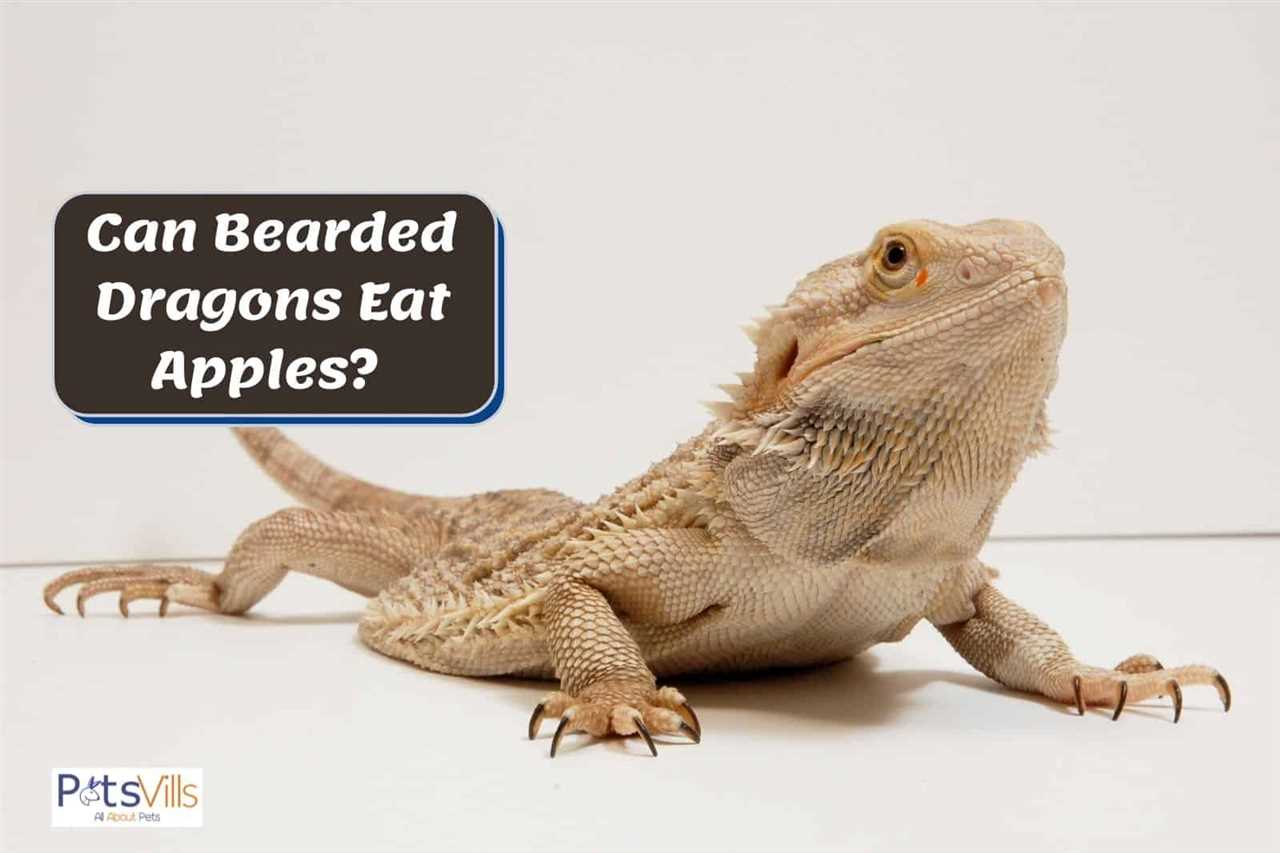
- Monitor your bearded dragon’s response: After introducing apples into your bearded dragon’s diet, closely monitor their response. Keep an eye out for any signs of discomfort or digestive issues. If you notice any adverse reactions, such as diarrhea or lethargy, discontinue feeding apples and consult a veterinarian.
By following these tips, you can safely introduce apples into your bearded dragon’s diet and provide them with a healthy and balanced nutritional intake.

I’m Lena Adams—a product of an unconventional upbringing in the African wilderness. My father, a daring explorer of African wildlife, sparked my fascination with reptiles, a passion that intertwined with the tragic loss of my mother during an expedition, leaving an indelible mark on my life. Driven to understand the creatures that captivated my parents, I embarked on my journey, sharing insights about reptiles, frogs, and lizards on my website. Through my explorations and conservation efforts, I honour my family’s legacy while seeking connections—to the creatures, nature, and the mother whose presence I yearn to understand.
